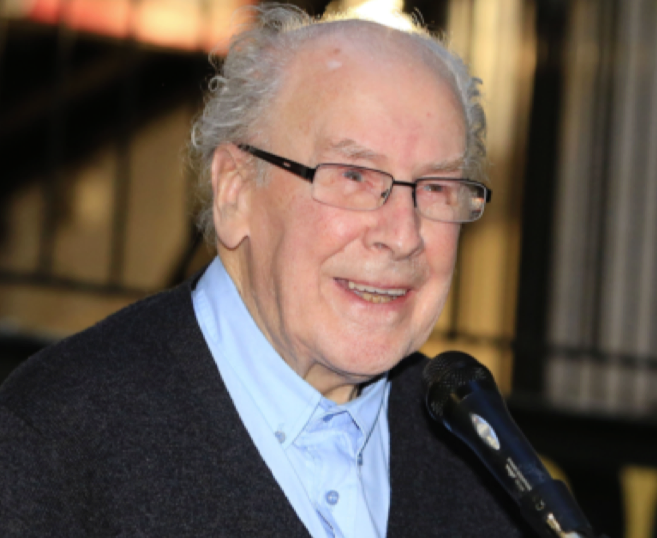NEW Year files being declassified feel a lot less like history. This year it was disconcerting to read disclosure of NIO briefings from 1990 refer to friends and colleagues being named along with their organisations.
The Committee on the Administration of Justice was the subject of one of the documents, a document we know was shared with MI5 and Task Coordinating Group. The human rights organisation was described as “biased” and Professor Kieron McEvoy in particular was singled out as being considered “strongly biased and opinionated”.
The CAJ highlighted human rights abuses of actors to the conflict, and in particular the state, and were highlighting evident abuses and questioning the lack of remedy avenues for victims. That year the CAJ highlighted, amongst other issues, the significant questions of state collusion in the killing of solicitor Pat Finucane in 1988 and the summary executions of three men at Sean Graham’s Bookmakers at the bottom of the Whiterock.
The questions they raised then have not gone away and that the CAJ and Professor McEvoy are still engaged in the intense efforts to secure remedy for victims of violations is no coincidence.
The question of “unsympathetic opinion makers” in West Belfast also taxed the minds of NIO officials prompting them to make a note on people best avoided. Those people included Professors Mike Tomlinson and Bill Rolston and Father Des Wilson. The purpose of the memo was not to state the obvious, but to urge others not to talk to them or engage with their analysis. The memo includes reference to Glór na nGael, Falls Women’s Centre and the Divis Joint Development Committee.
This was the era of political vetting. When those included in such memos were not just ostracised from conversations, but were denied access to funding, demonised in the media and ultimately branded as part of a “pan-nationalist front”. This policy was part of the wider militarised agenda of isolating a community, censoring its representatives, and denying community organisations legitimacy.
That deliberate approach in turn allowed for wider justification of shoot to kill policies, the use of plastic and rubber bullets, torture and degrading and inhumane treatment of suspects in holding centres and those imprisoned. In 1990 the end game policy of collusion with loyalism was well under way. Loyalists had been armed, provided with information on targets and given cover. Targeting of the nationalist and republican community was based on the distribution of military files, the use of state agents, and these types of briefings.
Then Secretary of State Douglas Hurd MP stated that “some community groups, or persons prominent in the direction or management of some community groups, have sufficiently close links with paramilitary organisations to give rise to a grave risk that to give support to those groups would have the effect of improving the standing and furthering the aims of a paramilitary organisation, whether directly or indirectly”.
The killing of John Devine, the previous year, whose business had been in Conway Mill, had clearly not mitigated the policy.
In any truth process these briefings, their context, their outcomes and all who played the game should be the subject of intense scrutiny if we are to really understand our conflict.
Spotting enemies of the people

‘UNSYMPATHETIC’: Father Des Wilson





